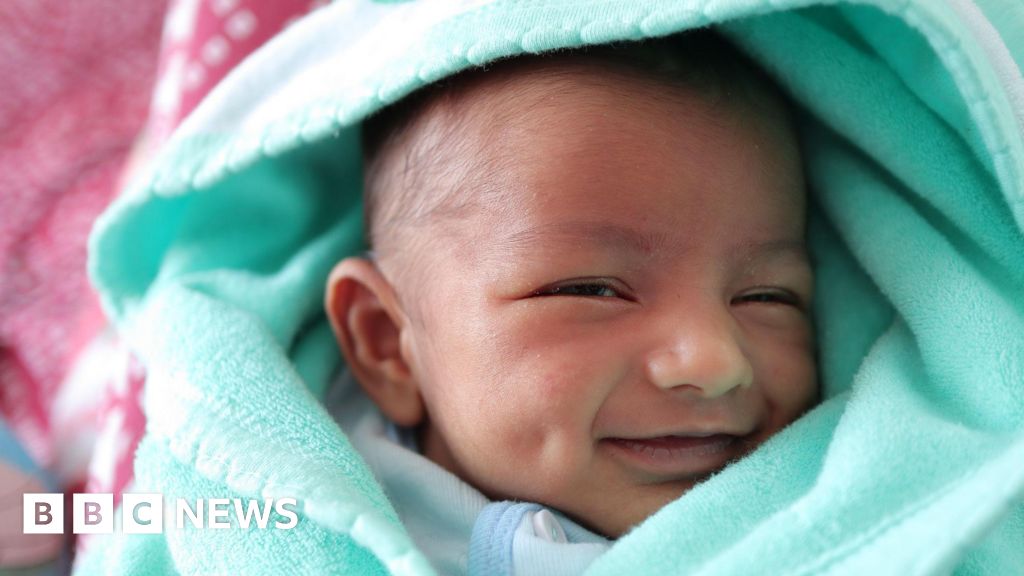Economic Barriers Hinder Family Growth Worldwide
A significant number of individuals globally face challenges in having children due to financial constraints, inadequate healthcare, and gender inequality, according to UN reports.
Overview
- Millions worldwide struggle to achieve their desired family size due to economic barriers and healthcare access issues.
- UN reports indicate that 39% of people cite financial constraints as a primary obstacle to having children.
- Economic barriers are the leading reason for individuals having fewer children than they desire.
- Gender inequality also plays a role in limiting family growth across various regions.
- Addressing these challenges is crucial for improving reproductive health and family planning globally.
Report issue

Read both sides in 5 minutes each day
Analysis
Consider the financial implications of expanding family size amid declining fertility rates.
Articles (3)
Center (1)
FAQ
Among the top economic barriers identified, 39% of respondents cited financial constraints, 21% mentioned unemployment or job insecurity, and 19% pointed to housing issues[1].
Gender inequality limits family growth through unequal domestic burdens, lack of decision-making power over personal healthcare (25% of women), and inability for women to refuse sex (24% of women), according to UN Sustainable Development Goal data[1].
Healthcare access is a major factor: 24% of respondents cited issues like infertility, poor general health, or inaccessible care as barriers to having children[1].
The UNFPA rejects the narrative that individuals (especially women) are freely choosing not to have children, highlighting coercion, discrimination, and inadequate reproductive care as real constraints[1].
Fears about global issues like climate change, war, and pandemics were cited by 19% of respondents as reasons for limiting or delaying family growth.
History
- This story does not have any previous versions.


